|
Buying beautiful, buying responsibly: making social impact mainstream. This week saw the launch of ‘Conscious Collection’, a new partnership between Jakarta-based premium furniture company Arbor & Troy and social enterprise Torajamelo. Conscious Collection products have been co-created between the two companies, bringing together Torajamelo’s exquisite traditional woven goods with Arbor & Troy’s signature style. The partnership is a historical moment for the two companies, and it’s a welcome sign that mainstream, for-profit companies are taking practical steps to have a positive impact on the world. Arbor & Troy is a for-profit luxury furniture company; Torajamelo is a social enterprise which uses traditional Indonesian weaving techniques to create contemporary fashion, gifts, homewares and accessories. Torajamelo is dedicated to bringing dignity and transformation to the lives of women weavers in remote areas of Indonesia while preserving the exquisite weaving technique known as tenun. The partnership is a living example of a social enterprise's goods and services becoming integrated into the supply chain of a traditional business. This practice has been called ‘shared value’ - Michael Porter explained the concept in a Harvard Business School article. Shared value models aim to be win-win for the for-profit and the social enterprise: the social enterprise grows its customer base, and so can earn more money and increase its impact, while the traditional business can show that its feel-good values are more than just hot air. ‘Shared value’ partnerships are about more than just Corporate Social Responsibility (CSR). CSR is commonly seen as a tired way of ‘white washing’ a company’s reputation: a sleight-of-hand where a company noisily plants trees with one hand while quietly cutting down more with the other. Shared value is not just about selling a social enterprise’s goods for a one-time, feel-good experience. Instead, shared value is about for-profit businesses recognising that a social enterprise’s products and services complement its own, and that a partnership will not only have a positive social impact, it will actively improve the business’s performance and value to the customer. In essence, it’s about good business sense. The Conscious Collection collaboration shows shared value in action. The endeavour is not a donation based model, like you seen on products where 10% of the price goes to a certain charity. The relationship is stronger and more sustainable than that. To Arbor & Troy, Torajamelo has become a strong, mindful and common sense alternative supplier of tenun that Arbor & Troy can integrate into their furniture collection lines. Mama Sabbi, a master weaver, who is also TorajaMelo's Community Liaison and Quality control Officer. Since 2012, she has been teaching the younger women the pa'bunga motif which had almost disappeared four years ago, and she rejuvenated the already extinct matapa' motif a year ago. Here she demonstrates how the motif is crafted through the threading and the weaving. This was her first time in Jakarta. The work that Torajamelo started in the rural villages have also contributed to the increase in pride of rural villages wearing tenun. Before Torajamelo began its work, many of the local women were unable to find good prices for their weaving, and often moved away to work as servants overseas. Indonesian domestic helpers in other countries risk ill-treatment, abuse and becoming victims of sex trafficking. As the women weavers now earn a good living through the reinvigorated art of weaving, they are able to remain with their families and take pride in their skills. Torajamelo now works with over 1,000 weavers and in doing so has transformed whole communities. As Torajamelo’s founder Dinny Jusuf says, “We think that Toraja women weavers are strong people. We do not think we need to empower them because they are already powerful … all they need is access to market and capital.” This sort of collaboration is good news for us as consumers, too. For most of us, our relationship to material things is often disconnected. We have little clue about how the things we purchase regularly are made and the conditions in which they are being made. From time to time we see an article, maybe about the unethical practices of big fashion companies in poor working conditions for the factory workers, or when we learn the impact that our favourite brands are having on the lives of the people who help to produce them. We seldom know at what and whose expense our purchases are being created. Social enterprises like Torajamelo, and collaborations like the Conscious Collection, serve the growing appetite to buy responsibly. As buyers become more and more aware of the responsibly produced goods that make a difference for the producers in the supply chain, collaborations like these make good business sense.
|
Angels of Impact A.I.Receive thought leadership, news, updates and events activities Archives
July 2017
Categories |

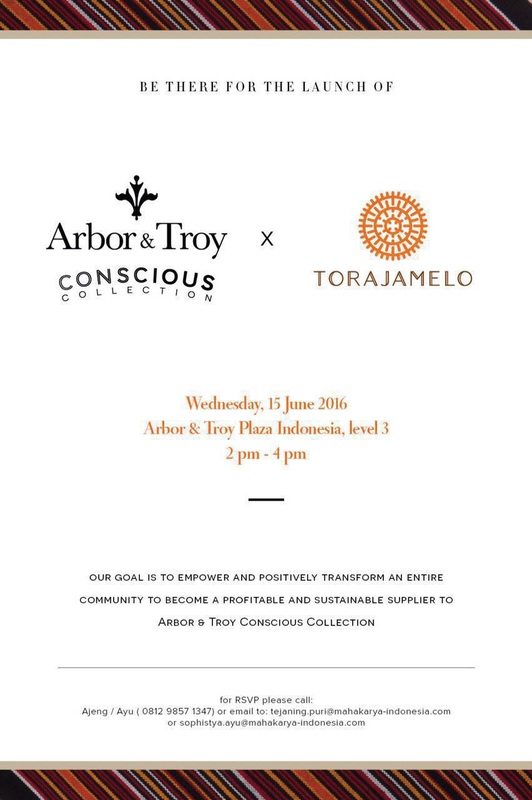
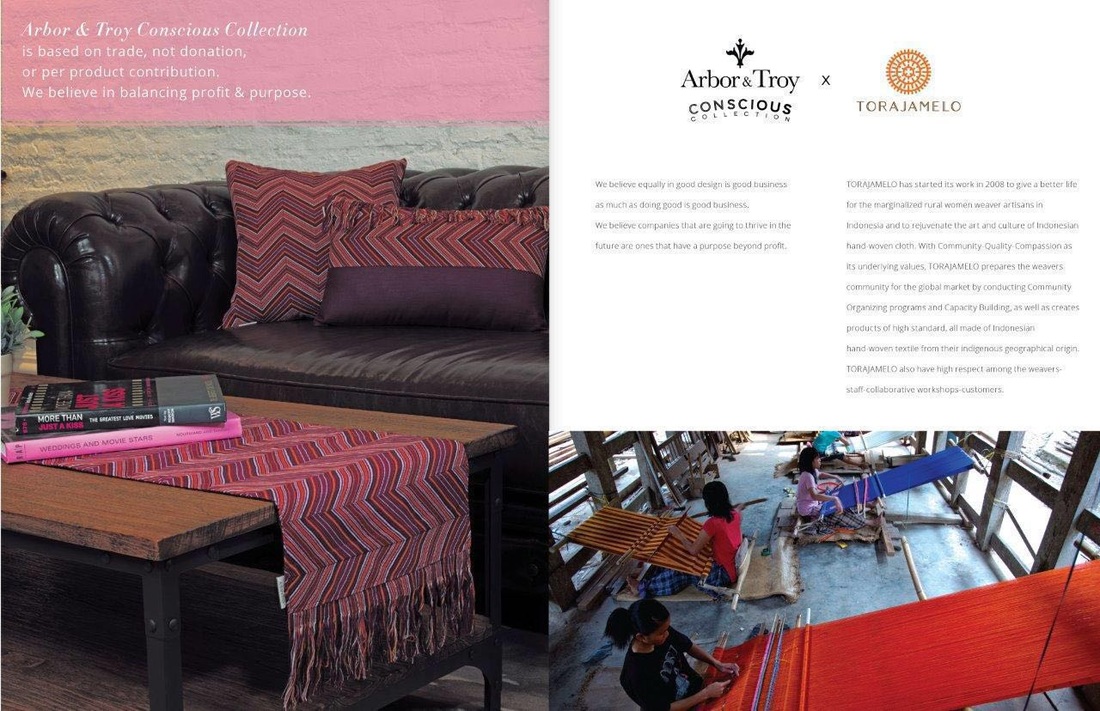
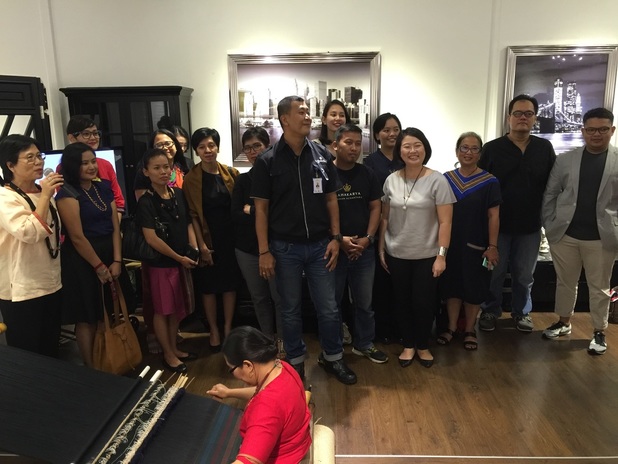
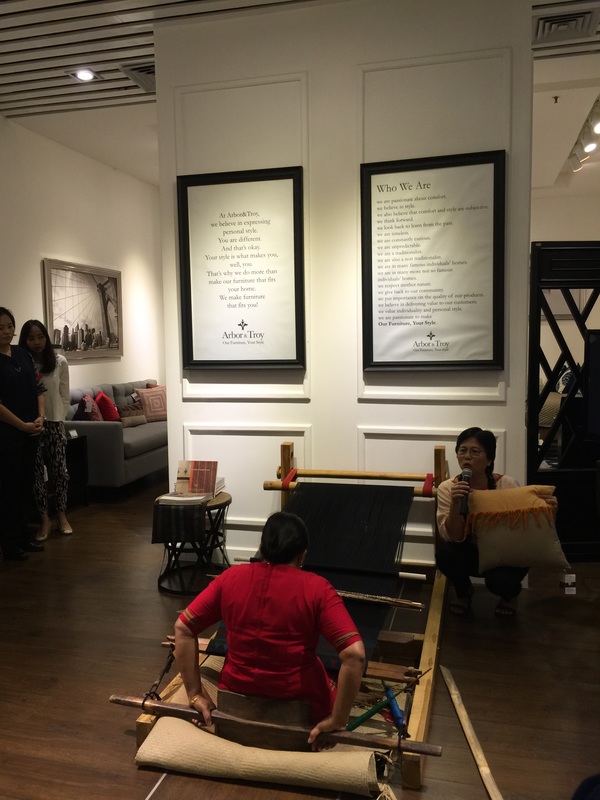
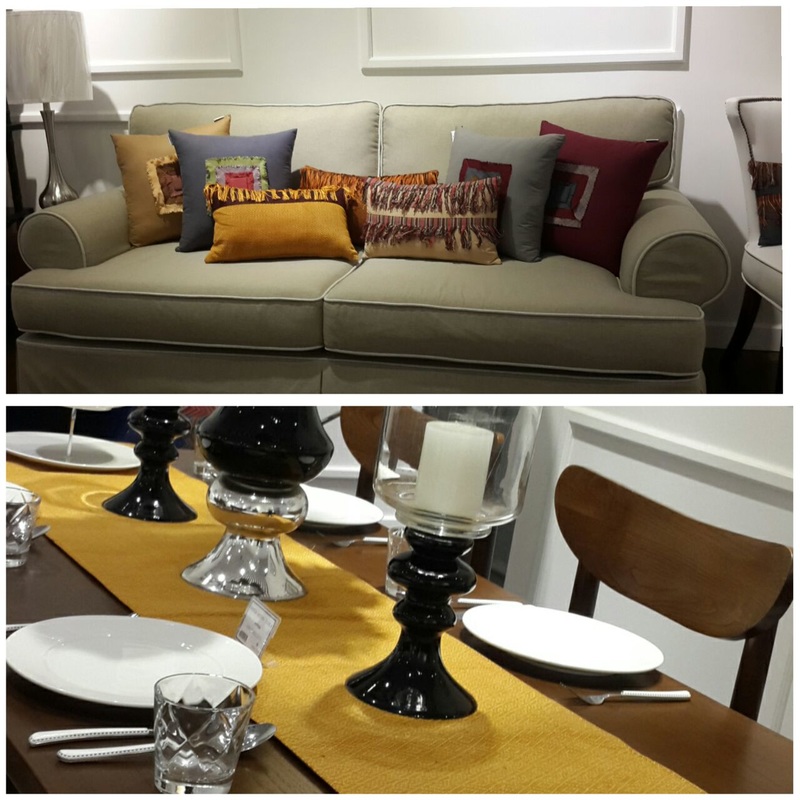
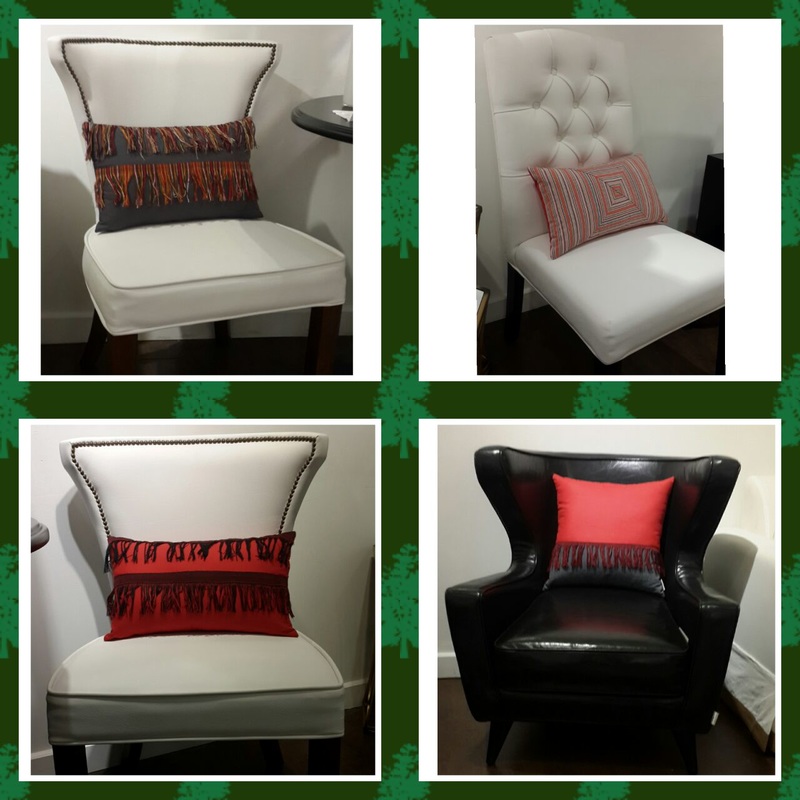
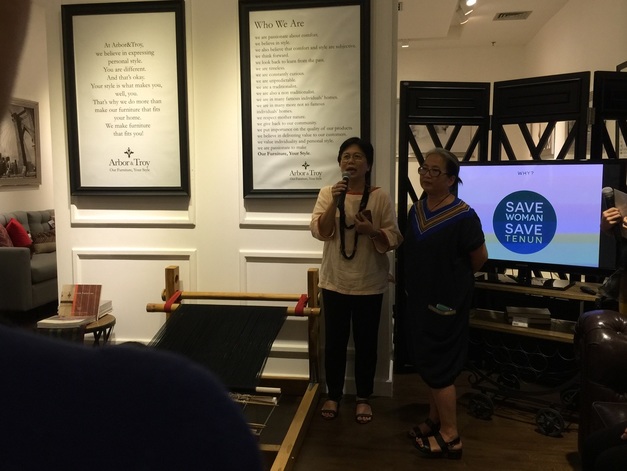
 RSS Feed
RSS Feed